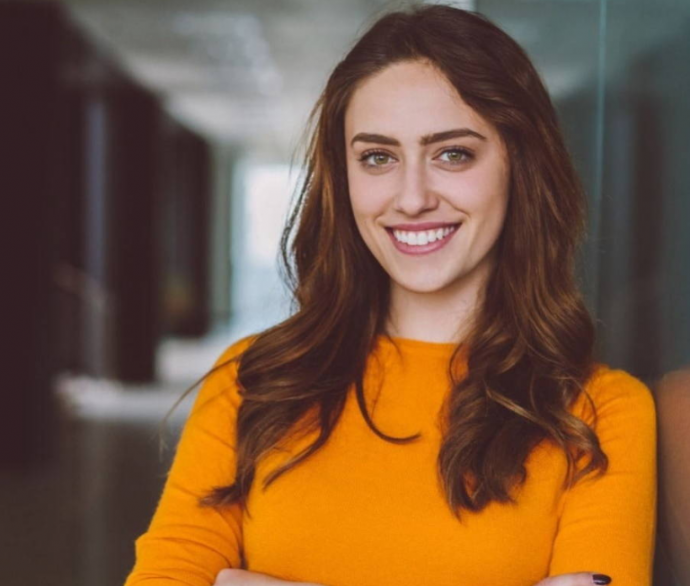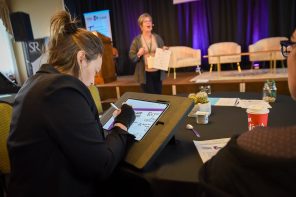Egg donation has become a popular process for couples who cannot bear children of their own. Women may not be in a position to produce viable eggs due to factors such as premature menopause, old age or cancer treatment. Other people may choose egg donation to prevent the passing genetic condition to their children.
We set the record straight by discussing some of the egg donation myths you may have come across.
- You are giving away a baby: A child only exists after an egg is successfully fertilized by a sperm to create an embryo. Essentially, you will be giving away an egg as a gift for another woman to have the ability to have a child. The recipient will carry an embryo to term and give birth to a baby.
- Egg donation may cause infertility issues: Myth-Egg donation will not affect your fertility or affect your plans on starting or adding to your family. The procedure is safe and not to be associated with any long term risks. Egg collection has a minimal risk of infection referred to as ovarian hyperstimulation syndrome (OHSS) that will go away with mild pain killers and lots of water.
Egg donors are placed under hormone therapy to help eggs that would normally be removed by the body to complete their development process. These are the eggs to be collected meaning that no more eggs are used up affecting your fertility.
- Egg Collection is excruciating: Wrong! Egg donors have only reported some minor discomfort and no pain since the procedure is carried out under sedation. Other associated side effects of egg donation are irritability and bloating due to hormone therapy. Mild cramps after egg collection can be addressed through over the counter painkillers.
- A child will come looking for you once they turn 18: Anybody born through the use of donor eggs/sperm has the right under law to non-identifying information at 16 years and to identifying information at 18 years about their donor. The removal of anonymity was for medical reasons such as knowing about genetic diseases, ethical reasons, and social reasons. The contact to a donor by the young adult will be mediated and managed by the HFEA.
Fertility Match provides counseling for all potential egg donors to help them through the process and to handle thoughts and emotions of being contacted in the future by a child born out of your donated eggs.





